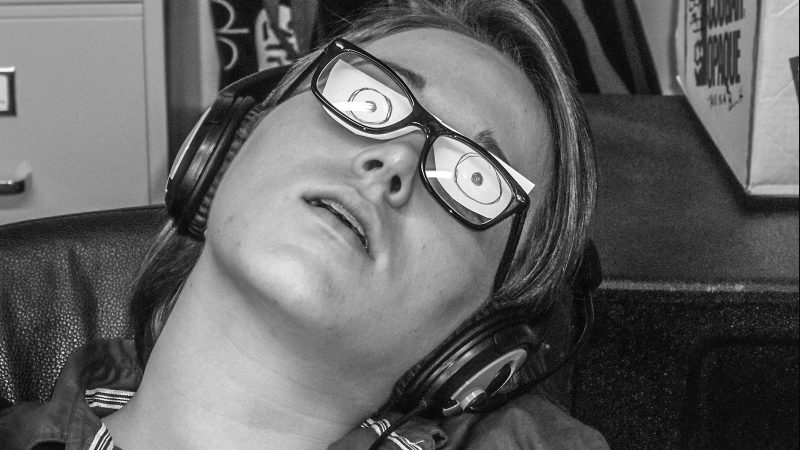By Monica Torres
If you’re tired at work for no reason, it may not be because you stayed up too late, but because your internal clock is hardwired differently.
According to a new study published in Scientific Reports, too many of us are experiencing “social jet lag,” a condition defined as the misalignments between our circadian rhythms and our built environment. Under social jet lag, our hours of peak alertness are in conflict with the social impositions of morning meetings, late-night networking, and other work demands scheduled outside of our control. And when these scheduled demands are out of sync with our internal clock, our careers are what pay the price.
Study: Social jet lag takes a toll on academic performance
When researchers tracked two years of 14,894 Northeastern Illinois University students’ activity logs, they found that students who were going to classes out of sync with their preferred clock had lower grade-point averages.
Sorry night owls, we live in a world ruled by morning larks. The researchers found that the majority of students —60%— experience more than 30 minutes of social jet lag on average, but that night owls were particularly hurt hard by the biological timing effect. This is more bad news for those of who work best after dark. Night owls not only experience an academic disadvantage, but they have higher health risks too. Recent research found that night owls experience a 10% higher risk of dying than those who prefer mornings.
Flexible schedules could fix this
This study should be a wake-up call for employers and employees to pay more attention to schedules. For employees, this can mean noting what hours you feel wired and which times you feel tired so that you can work to create the optimal schedule for yourself.
And for employers, this means giving employees the latitude to create their ideal schedules. Instead of forcing workers to become morning larks and night owls, researchers suggest that flexible work schedules are key to getting the peak performance out of every person, no matter their circadian rhythm.
“Rather than admonish late students to go to bed earlier, in conflict with their biological rhythms, we should work to individualize education so that learning and classes are structured to take advantage of knowing what time of day a given student will be most capable of learning,” Benjamin Smarr, one of the study’s authors, said.
More from Ladders
Originally published at www.theladders.com
Sign up to receive daily news, inspiration, and advice on how to master work and life from Ladders.


